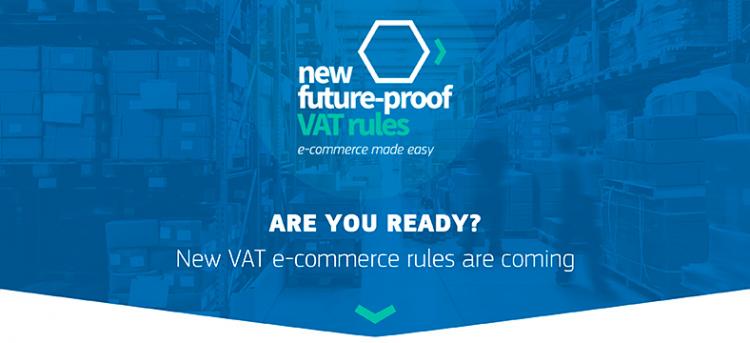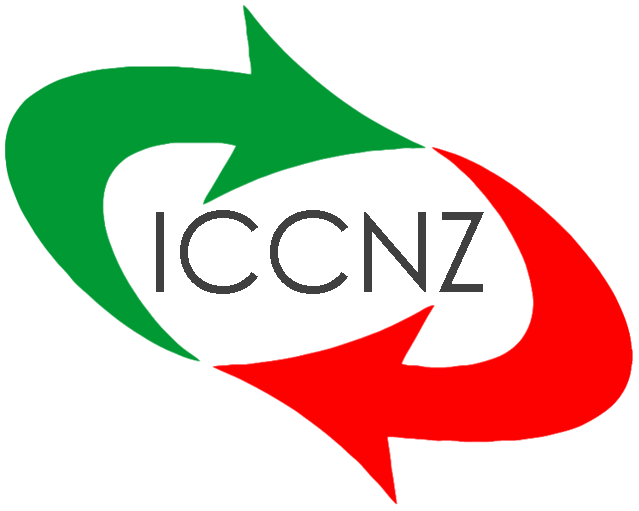by Findex
The European Union (EU) has introduced important changes to its value-added tax (VAT) rules which will come into effect on 1 July 2021. These changes will impact New Zealand based businesses that sell products to consumers in the EU.
Essentially, the new rules will result in three major changes for importers:
- Cessation of the VAT exemption for “low-value imports” (anything less than €22);
- Introduction of the Import One-Stop-Shop (IOSS) regime;
- Online marketplaces must collect and pay VAT on behalf of their sellers.
The aim of the new rules is to make tax compliance easier, to guarantee fair competition between EU and non-EU based sellers, and to clamp down on VAT fraud. In this article we look at each change and how it will impact upon businesses that import products into the EU.
Cessation of VAT exemption for “low-value imports”
At present, goods imported into the EU valued below €22 are exempt from VAT. However, as of 1 July, 2021 VAT will be charged on all imports to the EU regardless of value. VAT will apply at the rate of the buyer’s country of residence. For example, if a business is selling to someone in France, the transaction will be subject to the French VAT rate of 20%.

Import One-Stop-Shop (IOSS) System
To simplify the removal of the “low value imports” exclusion, the EU is introducing the Import One-Stop Shop (IOSS) regime which is a mechanism for reporting and paying VAT on sales of imported goods valued at €150 or less. The IOSS covers sales of goods that are:
- Dispatched or transported from outside of the EU at the time they are sold;
- Dispatched or transported in consignments with a value of €150 or less;
- Not subject to excise duties (typically applied to alcohol or tobacco products).
Businesses using the IOSS regime will charge and collect VAT at the point of sale to a buyer in the EU. This will benefit consumers as they will not have to pay VAT and customs clearance fees at the time their goods are imported into their home country.
A single IOSS registration can be used to report and pay VAT on all sales of imported goods to buyers in the EU. New Zealand based businesses will normally need to appoint an EU-established VAT intermediary to comply with their IOSS obligations.
It is not compulsory to use the IOSS regime. Instead, a seller may elect to have the import VAT collected from the final consumer. Goods valued at more than €150 will continue to be subject to import VAT and duties at the time of importation into the EU. This is also the case where multiple goods are sold to the same buyer and shipped in a package with a value of more than €150.
Online marketplaces must collect and pay VAT
Where a business makes sales valued at less than €150 to consumers in the EU through digital trading platforms such as an online marketplace, the VAT liability will fall on the marketplace. In this instance, the marketplace will be recognised as the supplier and will be liable for charging VAT to customers and paying VAT to the tax authorities. As a result, New Zealand based businesses that only sell through online marketplaces and whose sales are under the €150 threshold may no longer have to be registered for VAT in the EU.
For more information, please contact:
| Greg James Senior Partner – Tax Advisory | Findex Level 29, 188 Quay Street, Auckland 1010 PO Box 158, Shortland Street, Auckland 1140 |




